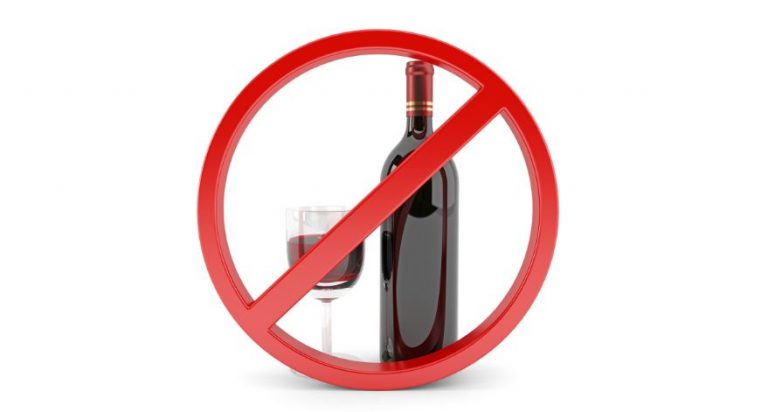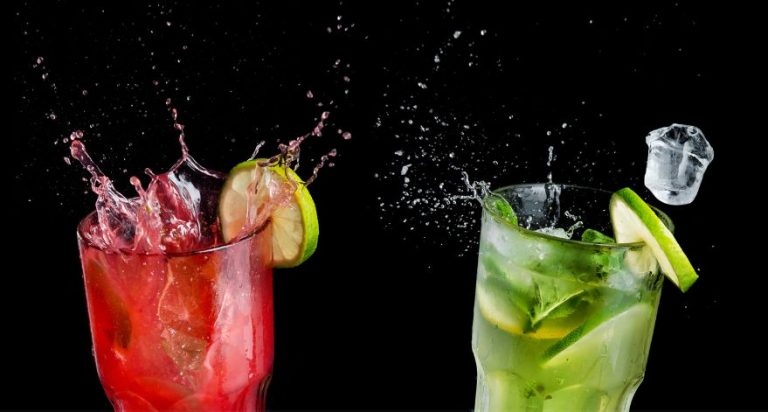Heart Harmony: What to Avoid in Your AFib Diet
Eating Smart
Atrial fibrillation (AFib) is a heart condition where your heart beats irregularly or too quickly. While many factors can trigger AFib episodes, certain foods can make your symptoms worse. Knowing which foods to avoid can help you manage your condition better. Here are some common foods that can trigger AFib.
Atrial Fibrillation Foods to Avoid
1. Caffeine
Caffeinated drinks like coffee, tea and energy drinks can make your heart beat faster. Caffeine stimulates the nervous system, which may cause irregular heartbeats in people with AFib. If you're sensitive to caffeine, it's best to limit or avoid these drinks altogether.
2. Alcohol
Drinking alcohol can lead to AFib episodes. Even small amounts of alcohol can increase the chances of irregular heartbeats. Alcohol affects the heart’s electrical system, which can trigger AFib in some people. Reducing or eliminating alcohol is a good step toward controlling AFib.
3. Processed Foods
Processed foods like packaged snacks, frozen meals and fast food often contain high amounts of salt and unhealthy fats. These ingredients can raise your blood pressure, putting extra strain on your heart. High salt intake can lead to fluid retention, which may trigger AFib.
4. Sugar
Sugary foods like candies, pastries and soda can cause spikes in blood sugar. When your blood sugar levels rise and fall quickly, it may increase the chances of an AFib episode. Limiting your intake of sugary foods can help keep your heart rhythm more stable.
5. Red Meat
Eating a lot of red meat, such as beef or pork, may contribute to AFib due to its high saturated fat content. Saturated fats can raise cholesterol levels and lead to heart problems, including irregular heartbeats. Choosing leaner proteins like chicken or fish can help reduce the risk of AFib.
6. High-Sodium Foods
Foods that are high in salt, like chips, canned soups and processed meats, can lead to high blood pressure. This puts more pressure on your heart and may trigger AFib. It’s important to watch your sodium intake and opt for low-sodium options when possible.
7. Spicy Foods
Spicy foods, such as hot peppers and spicy sauces, can irritate your digestive system and cause heartburn. For some people, heartburn can trigger an AFib episode. If you notice your symptoms flare up after eating spicy foods, it’s best to avoid them.
8. Artificial Sweeteners
Some studies suggest that artificial sweeteners, like aspartame, may increase the risk of AFib episodes. While more research is needed, it might be a good idea to limit foods and drinks containing artificial sweeteners if you have AFib.
9. Chocolate
Although dark chocolate has some health benefits, it also contains caffeine and sugar, which can trigger AFib in some people. If you’re sensitive to either, limiting chocolate intake may help prevent irregular heartbeats.
10. Foods High in Tyramine
Tyramine is a substance found in aged cheeses, cured meats and fermented foods. It can raise blood pressure and increase heart rate, potentially leading to AFib episodes. Reducing your intake of these foods can help lower your risk.
Treatment Options for Atrial Fibrillation
While avoiding certain foods can help manage AFib, there are also treatments available to control symptoms:
- Medications: Doctors may prescribe medications to help regulate your heart rhythm or reduce blood pressure.
- Blood thinners: To prevent blood clots, which can lead to strokes, many people with AFib take blood thinners.
- Lifestyle changes: Regular exercise, stress management and maintaining a healthy weight can also help manage AFib.
- Cardioversion: In some cases, doctors may perform a procedure called cardioversion, where they use electrical shocks or medications to restore normal heart rhythm.
- Ablation: For more severe cases, ablation is a procedure that destroys small areas of heart tissue that cause irregular heartbeats.
By managing your diet and considering medical treatments, you can help control atrial fibrillation and reduce the chances of future episodes. Always consult your doctor before making changes to your diet or treatment plan.
Read on to learn about what foods seniors should be avoiding.


